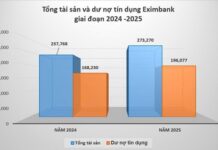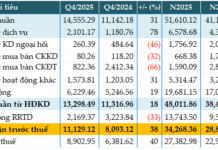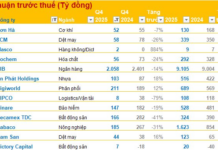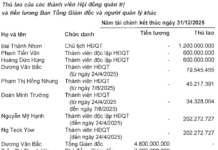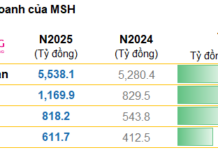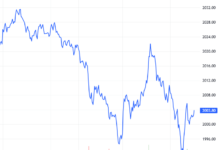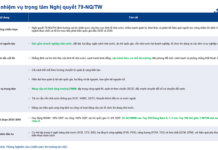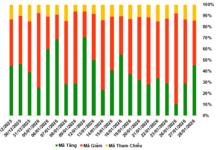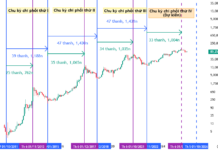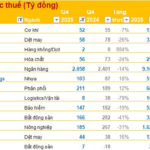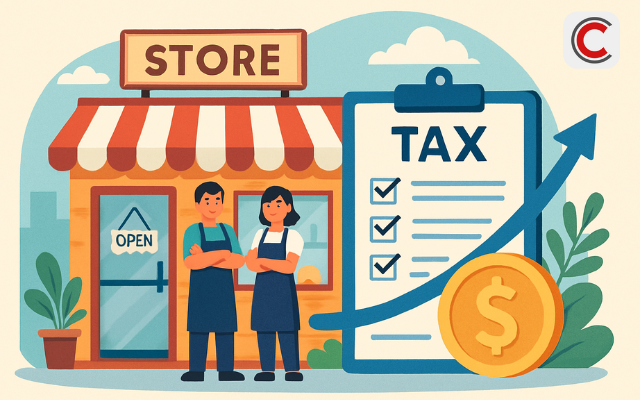
According to the Personal Income Tax Law and guidelines from the E-Commerce Tax Department (Tax Agency), individuals are only required to declare and pay taxes on income received in their personal accounts if it falls into one of the eight taxable income categories.
These categories include: income from licensed production, business, or professional activities; salary and wage income; investment capital income; capital transfer income; real estate transfer income; prize winnings; royalties and technology transfers; and franchise income.
The most common category is income from production and business activities, typically earned by restaurant owners, fashion retailers, online sellers, or service providers. If the total annual revenue exceeds 100 million VND, this income must be declared for personal income tax and value-added tax calculations.
However, not all funds transferred into personal accounts are subject to taxation. The tax authority confirms that transfers between family members, friends, or personal transactions such as gifts, refunds, debt repayments, money transfers on behalf of others, or remittances from abroad (if taxed at the source) are exempt from declaration and taxation.
Taxes are only levied on income generated from economic activities, meaning funds received from employment, business, investments, or services.
With advancements in technology, electronic transactions are now automatically stored and cross-referenced between banking systems and tax authorities. Therefore, if a personal account frequently receives payments with descriptions like “payment,” “order,” “goods,” or “services,” tax authorities can reasonably determine that these are business activities rather than personal transactions. Using a personal account for business transactions poses significant risks, not only in terms of taxation but also regarding reputation and legal compliance.
To avoid complications, experts recommend separating personal and business accounts. A dedicated account should be used solely for personal transactions, while another account should be designated for sales, services, or professional income. This clear separation simplifies financial management and prevents misunderstandings related to tax evasion. Additionally, business owners should accurately declare their revenue. Even if annual revenue is below 100 million VND and tax-exempt, declaring it ensures transparency and protects interests during future audits.
Individuals should retain receipts, invoices, and bank statements to prove the legality of their financial transactions when necessary. For any questions, individuals can contact their local tax office or use the Tax Agency’s online advisory portals for detailed guidance. The Tax Agency emphasizes that the goal of managing financial flows is not to burden citizens but to promote transparency in the digital economy and ensure fairness among individuals and organizations.
Latest Updates on Family Deduction Allowances Starting 2026
On the morning of October 17th, the Standing Committee of the National Assembly voted to pass a resolution adjusting the family deduction threshold for personal income tax. This adjustment will take effect from the 2026 tax year.
Mass Exodus: Over 8,000 Tax Officials Resign
Mr. Dang Ngoc Minh, Deputy Director of the Tax Department, revealed that this year, the tax sector is implementing two major organizational restructuring phases, resulting in a reduction of over 8,000 personnel across the industry. Despite this significant downsizing, the workload continues to grow exponentially.








